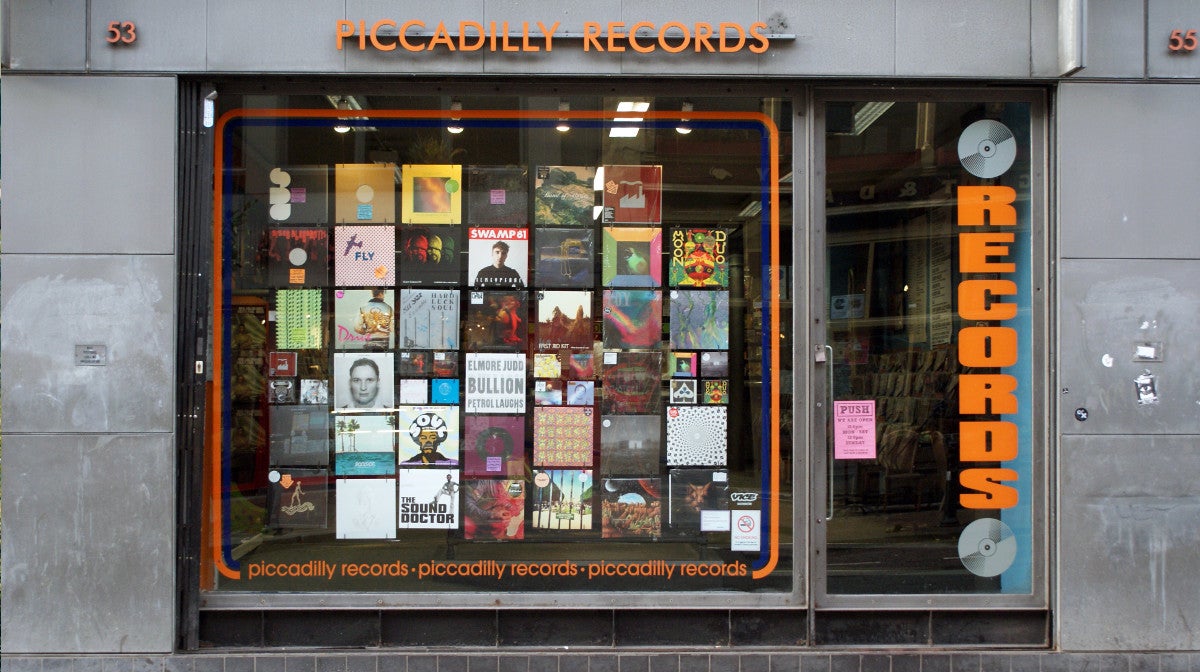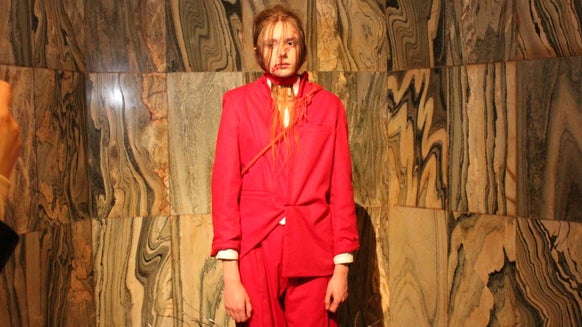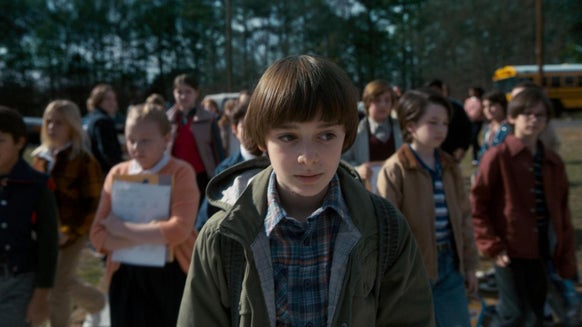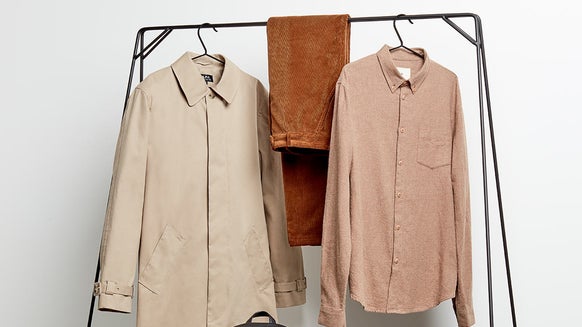CULTURE
Piccadilly Records

Piccadilly Records was founded in 1978 and remains Manchester's most famous independent record store. Priding itself on an across-the-board music policy and friendly knowledgeable staff, the store is a Manchester institution yet is known and respected worldwide as a bastion of independent music. We catch up with Piccadilly co-owner Philippa Jarman, who has been working behind the Piccadilly counter since 1986.

Clare Potts Writer and expert







